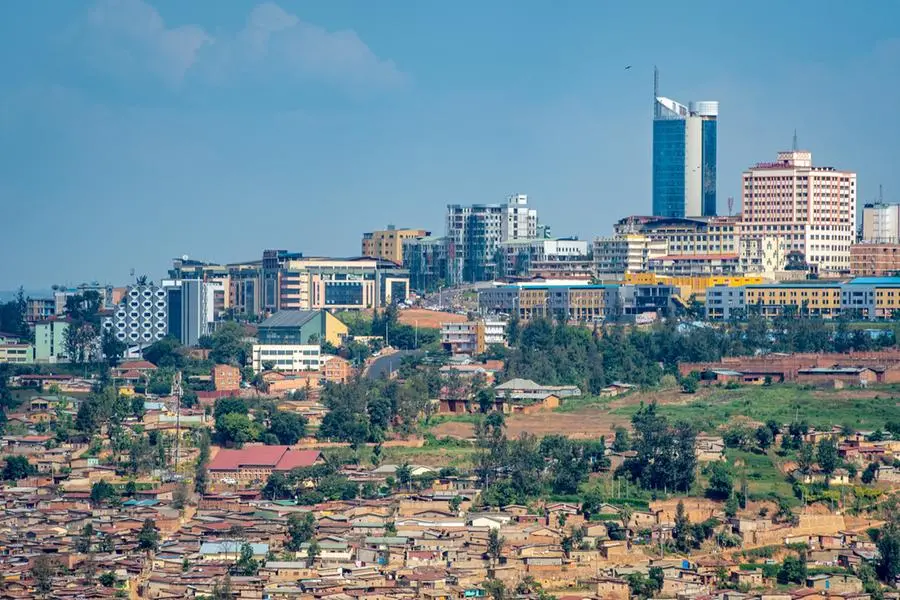PHOTO
The negotiating teams from the Democratic Republic of Congo and Rwanda have initialled the text of a prospective peace agreement between the two countries, signalling the success of the US-led mediation in ending their long-standing tensions.
The teams approved the text in the presence of US Under Secretary of State for Political Affairs Allison Hooker and will now await the ministerial signing of the peace agreement on June 27, 2025, in the presence of US Secretary of State Marco Rubio, the US State Department announced on Wednesday.
Initialling a document signals that discussions are complete and that both parties are satisfied with the provisions in the text. However, this does not constitute a commitment to implementation until the formal signing by senior diplomats designated by the respective countries.
One key area on which the two sides have agreed is the conditional reintegration of non-state armed groups, returning to a solution that Congo has tried before but which has previously collapsed due to mistrust.
Rwanda and the DRC have blamed each other over the past decade for fuelling rebellion targeting their respective administrations. President Felix Tshisekedi has accused Rwanda of supporting the M23 rebel group, which has now seized large swathes of territory in eastern Congo. But, Kigali denies the allegations and also blames Kinshasa for shielding the FDLR, the remnants of the perpetrators of the 1994 Rwandan genocide.
From the outset, the peace deal is predicated on the premise that both sides will eject foreign fighters and cease backing rebels targeting each other.
However, it is unclear whether the steps to end the conflict will differ from previous attempts, such as the initial integration of the M23 into the army, which ultimately failed. They accused the government of marginalisation.
Washington dealThe Washington deal was drafted during three days of constructive dialogue on political, security and economic interests. The initialling towers earlier suspicions that some sides were leaking documents to the public, which saw Rwanda initially threaten not to sign.
It also includes the establishment of a joint security coordination mechanism incorporating the Conops (concept of operations) of 31 October 2024, and the facilitation of the return of refugees and internally displaced persons, as well as ensuring humanitarian access. There is also a framework for regional economic integration.
This information was also disclosed by Tina Salama, spokesperson for President Tshisekedi.
Representatives from Qatar were also involved in the discussions, and their efforts have successfully led to the peace process between the M23 rebels and the DRC government.
Qatar’s presence at the discussions between Rwanda and the DRC was intended to ensure that the two countries’ initiatives aimed at promoting dialogue and peace in the region were complementary and aligned.
Tensions have been further exacerbated by the presence of former President Joseph Kabila in Goma, with the Kinshasa authorities seeking his arraignment for alleged treason.
© Copyright 2022 Nation Media Group. All Rights Reserved. Provided by SyndiGate Media Inc. (Syndigate.info).





















